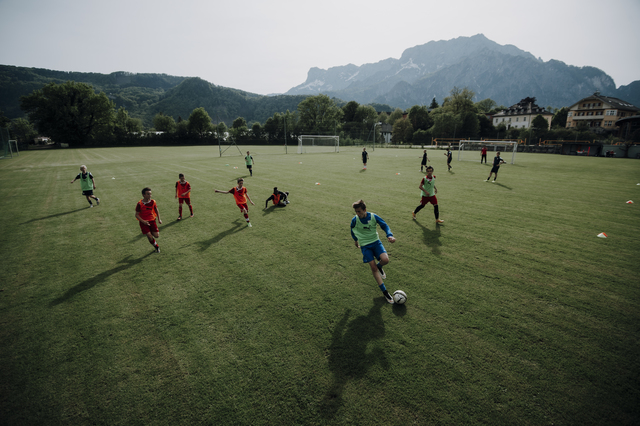Article
The General Objectives of the OACCUs Project

The general objectives of the OACCUs project are to:
- Support the promotion of outdoor sports, physical activity, and healthy lifestyles for long-term lifestyle and quality of life improvement among young cancer survivor (children, teenagers and young adults), their families and friends [1].
- Improve the skills of young cancer survivors, and all professionals involved in the health system through digital training in the areas of, sport, nutrition, psycho education and environment.
- Facilitate and promote the practice of sports and outdoor activities among young cancer survivors, their families, and their peer friends.
- Strengthening awareness of good habits related to physical activity in a healthy environment, psycho education, psychological well-being, and healthy nutrition to address unhealthy behaviors that influence cancer risk through easily accessible and user-friendly information and communication within the OACCUs network.
- Building an evolving European network of young cancer survivors [2], their families and peer friends, institutions, organisations, and all professionals involved in health care.
In academia, there are several research papers that demonstrate the importance of a healthy active lifestyle and exercise for cancer prevention and mental health. Much more can be done to reach a broader audience and raise awareness for a target group that does not have access to scientific literature, especially the young cancer survivor group. For the group of young cancer survivors, it is important that they are given a tool that corresponds to their generation and that, following the WHO [3] plan: CUREall, accompanies them on their self-responsible path to a future with a better quality of life and healthy behaviours.
One of the most recent studies [4] on the behaviour of young cancer survivors provides evidence that AYA cancer survivors have a desire to change their health behaviours.
One of the most recent studies [4] on the behaviour of young cancer survivors provides evidence that AYA cancer survivors have a desire to change their health behaviours.
Author: Petra Thaller
References:
[1] Simon Ciranka and Wouter van den Bos, (2019), Social Influence in Adolescent Decision-Making: A Formal Framework, https://www.frontiersin.org/articles/10.3389/fpsyg.2019.01915/full
[2] Europe's Beating Cancer Plan, https://eur-lex.europa.eu/legal-content/EN/TXT/HTML/?uri=COM:2021:44:FIN&rid=1; 8.Putting childhood cancer under the spotlight.
[3] WHO Global initiative for childhood cancer, https://www.who.int/publications/m/item/global-initiative-for-childhood-cancer
[4] Pugh, R. Hough, H. Gravestock, A. Fisher, (2019), The health behaviour status of teenage and young adult cancer patients and survivors in the United Kingdom, https://www.ncbi.nlm.nih.gov/pmc/articles/PMC6954124/
